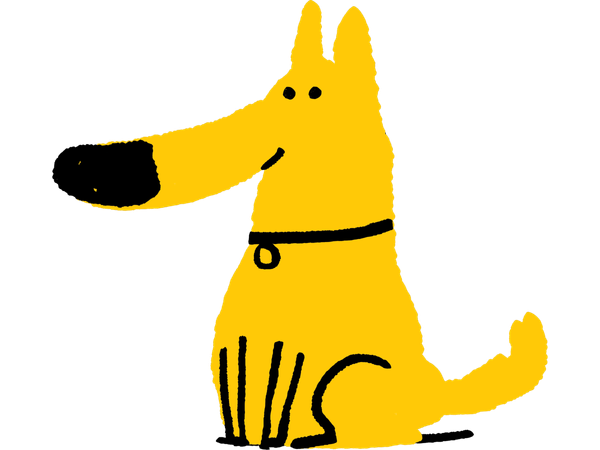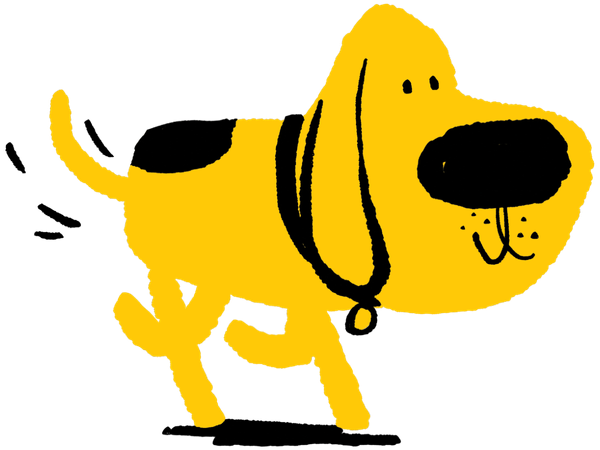Greyhound
Everything you need to know about Greyhounds
- Life Expectancytypically 10+ years
- SheddingShort length with moderate shedding
- SizeLarge
Everything you need to know about Greyhounds
Greyhounds generally have an athletic and streamlined build with a long head and neck. Their coat is short and fine. There are lots of standard greyhound colours including black, white, blue and fawn.
There’s lots of doggy behaviour that comes naturally to all breeds of dog, including Greyhounds, from digging and chasing to searching and retrieving.
Thinking about giving a Greyhound or ex-racing Greyhound a forever home? Here are some Greyhound facts that might help you decide.
One common Greyhound crossbreed is the Lurcher. A Lurcher is a mix between a sighthound breed like a Greyhound, Saluki or Whippet and a Collie or Terrier. These speedy dogs can be long-haired or short-haired.
Every dog is different with their own personality and needs. Here are some areas to think about when taking care of a Greyhound.

Even if you think you know about Greyhounds, it’s important to remember that every dog has their own personality.

Would a short-haired hound suit your lifestyle? Here are some more breeds that won’t have you at the groomer’s every week.